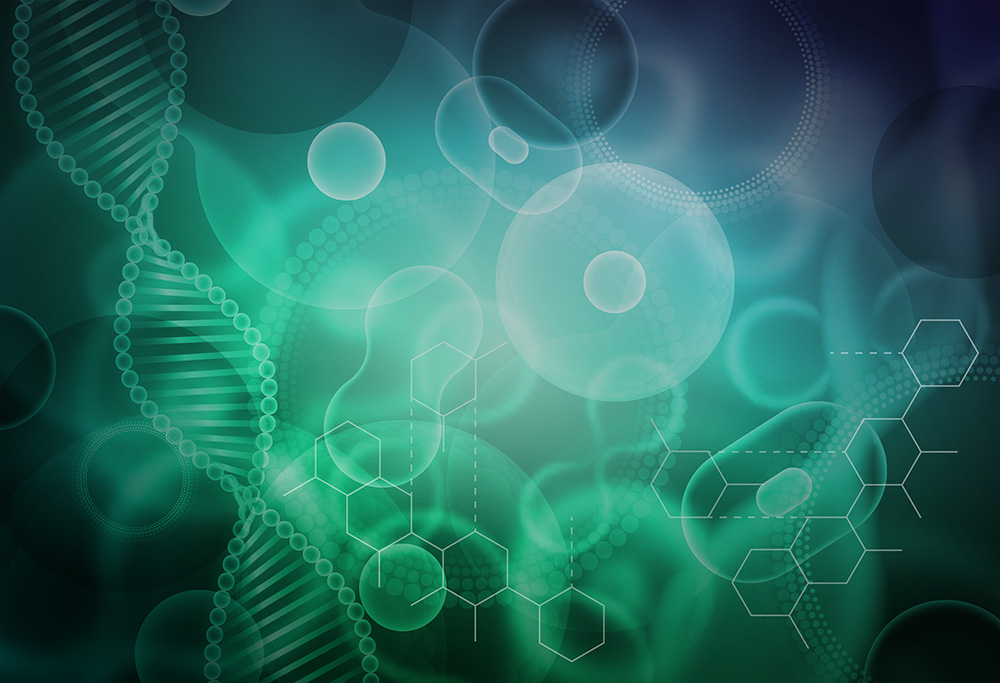PRS Guitars is synonymous with rock music and arguably some of the best guitars around.
So some people wouldn’t expect to hear the name Paul Reed Smith in the science community…until now.
Smith started a Columbia-based company called Digital Harmonic with the hopes of providing life-saving data for patients with breast cancer.
Smith said this was not the path he originally intended to follow, and to call him a reluctant mathematician is an understatement.
“You taught me algebra, I’d get into a fist fight with you,” Smith said.
Yet early on, Smith seemed destined for a career in math.
“My father and mother were mathematicians, and I didn’t think I carried the gene,” Smith said.
But in a roundabout way, he did “have the gene”; it just took some time to discover.
Starting out, Smith knew he loved working with his hands and built his first guitar in college. He is now the owner of PRS Guitars, one of the most widely-known guitar brands around.
“For me, making a guitar, I was taking it apart like this and rotating it in my head,” Smith said. “I could see it from many directions in my mind. So for me, that was math and I didn’t know that.”
By comparing the way a synthesizer measures sound, Smith discovered this was a link between music and math that had the potential for use in science.
“I remember very clearly when my father and I ran across this solution. We didn’t even have words for it,” Smith said.
Smith took his discovery to his friend, Dr. Bill Nelson, director of the Johns Hopkins Kimmel Cancer Center.
“It was all theoretical when I was showing it to Bill, but I was like, there’s a mathematical way to extract this data out of a file, and I explained it to him,” Smith said. “Once we coded it up it was a different ballgame.”
Smith’s discovery meant the measurement could be used to analyze waveforms, in images such as a mammogram, producing a much more precise image while also dramatically reducing the amount of radiation needed.
“This is very blurry, and this is crystal clear,” Smith said. “I’m telling you that crystal clear is in that digital data.”
Smith said his discovery is a potential game changer in the fight against breast cancer and other forms of cancer and, with it, a chance to renew hope in Smith’s life.
“At that time, I didn’t know I was going to lose my brother to cancer,” Smith said. “I didn’t know it was going to affect so many people that I love.”
The impact this technology could have is unknown.
“With any kind of thing, it’s high-risk but the reward could be extraordinary,” Smith said.
Smith’s technologies are patented and awaiting U.S. Food and Drug Administration approval. Until then, he’s still making guitars while pouring his heart and soul into finding a cure for cancer.


